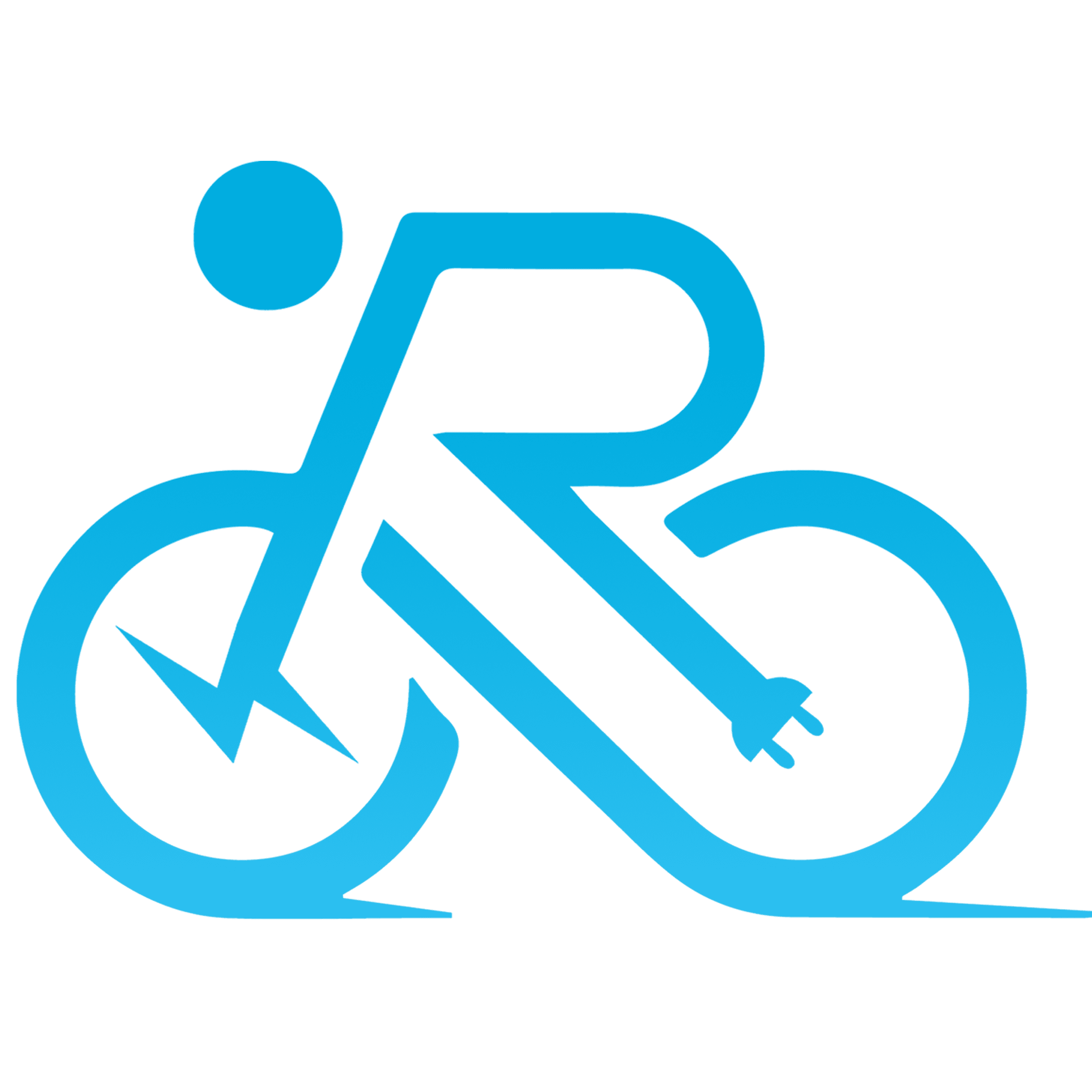Viagra is a medication used to treat erectile dysfunction (ED) in men. It contains sildenafil citrate ingredient which works by relaxing the muscles in the blood vessels that supply increasing blood flow to the penis and allowing for an erection to occur.
Viagra is generally taken about 30 minutes to an hour before sexual activity and lasts for up to four hours. It is important to note that Viagra is not an aphrodisiac and does not increase sexual desire or arousal. It is a prescription medication that should only be taken under the supervision of a healthcare provider, as it can have potential side effects and interactions with other medications.
Can I use Viagra Daily?
No, it is typically taken as needed, about 30 minutes to an hour before meeting your partner. The maximum recommended dose of Viagra is once per day. Taking Viagra more than once a day can increase the risk of side effects and may lead to serious health complications.
Furthermore, Viagra is not intended to be used as a daily supplement or for enhancing sexual performance in men who do not have ED. Using Viagra without a medical need can cause unnecessary side effects and risks.
If you have ED and are interested in taking Viagra, it’s important to talk to your healthcare provider first to determine the appropriate dosage and frequency of use based on your individual needs and medical history.
They can also help you understand the potential risks and benefits of using Viagra and provide you with any additional guidance or recommendations.
Side Effects of Using Viagra
Viagra (sildenafil citrate) is generally considered a safe and effective medication for treating erectile dysfunction. However, like any medication, it can cause side effects. Common side effects of Viagra include:
- Headache
- Facial flushing
- Upset stomach
- Nasal congestion
- Dizziness or lightheadedness
- Back pain
- Visual changes, such as blurred vision or sensitivity to light
These side effects are usually mild to moderate in intensity and go away on their own within a few hours. However, in rare cases, Viagra can cause more serious side effects, including:
- Sudden hearing loss or ringing in the ears
- Sudden vision loss or blindness
- Irregular heartbeat or chest pain
- Shortness of breath or difficulty breathing
- Seizures or convulsions
If you experience any of these side effects, you should seek immediate medical attention.
Viagra can interact with certain medications, including nitrates and alpha-blockers, and may not be suitable for everyone. So, without a doctor, we don’t recommend using Viagra.
Use of Viagra for Sportsman or Athletes
The use of Viagra by athletes is considered unethical and may be prohibited by sports organizations. Taking Viagra without a medical need for it can also have potential side effects, such as headaches, dizziness, and changes in blood pressure, which could negatively impact an athlete’s performance.
Therefore, it is not recommended for sportsmen to use Viagra for performance enhancement purposes.
Use of Viagra for Bikers
Bike riders may experience some difficulty achieving and maintaining an erection due to the pressure and vibration on the perineum (the area between the scrotum and anus) during long rides. In some cases, Viagra may be prescribed by a doctor to treat this condition.
However, it is important to note that Viagra should only be taken under the guidance of a healthcare professional and following the recommended dosage. Viagra is not a drug for cycling or any other sport.
Cyclists should also take steps to prevent perineal injury and discomfort, such as using a properly fitting bike seat, adjusting the saddle height and angle. Proper cycling gear like padded shorts can also help prevent perineal discomfort and injury.
Conclusion
In conclusion, while some riders and sportsmen may consider using Viagra to enhance their performance, it is not a recommended or ethical practice. Viagra is a medication used to treat erectile dysfunction, and it is not considered a performance-enhancing drug for athletes. Its use may be prohibited by sports organizations, and taking it without a medical need for it can have potential side effects that could negatively impact an athlete’s performance.
Read about the best diet plan for riders and racers here.

